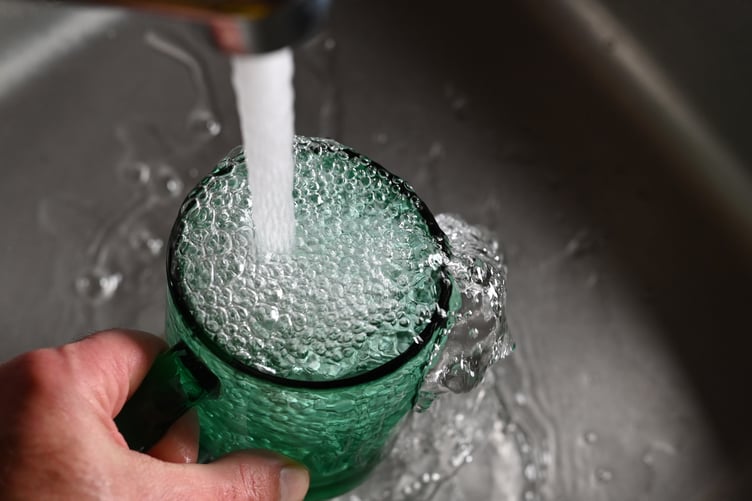The Ofwat report was damning. Both the board and management of South West Water had either failed to seek or had not been given sufficient information about the performance of their wastewater assets or their compliance with legal obligations.
As a result, the company’s leadership was either unaware of or had chosen not to address compliance failures and risks. They had failed to properly maintain and upgrade the network and lacked adequate systems to identify and respond to problems. They had also failed to adapt to the changing nature of the catchments served by their treatment works.
Normally, if a storm overflow discharges sewage on 20 or more occasions a year, it must be investigated. But in 2023, 647 of the company’s 1,374 overflows spilt that often. That was already up from previous years. In 2024, the figure rose again by 12.4 per cent, to 727.
The causes ranged from groundwater infiltration to maintenance issues, blockages from wet wipes and insufficient capacity. Rarely was the weather to blame. Regardless, Ofwat found South West Water had not managed its compliance risks effectively, too often waiting until problems occurred before acting. Worse, senior management and the board lacked proper oversight.
So it was no surprise that the day after the report was published, South West Water’s chief executive, Susan Davy, resigned. But unless she explicitly directed others to ignore problems, hers should not be the only head to roll. Other senior managers must also bear responsibility.
Ofwat did note that sewage spills are sometimes driven by external pressures, such as population growth overwhelming capacity or "urban creep" when gardens are paved over and rainfall is forced into the sewer system. These were points echoed by Sir Jon Cunliffe in the Independent Water Commission’s final report to the government.
He urged ministers to require developers to mitigate the impact of their projects on the sewer network before connecting. At present, water companies are not statutory consultees in the planning process and often do not see applications until it is too late. Cunliffe called for that to change.
He recommended giving water companies a stronger voice in planning, including the ability to influence developments and object where necessary. He also called for a review of the automatic right to connect to the public sewer, regardless of the strain it might cause.
Such changes would require primary legislation. The new Secretary of State for Environment, Food and Rural Affairs, Steve Reed, has promised to cut sewage pollution in half by the end of the decade and to introduce a new water reform Bill early in this Parliament.
Whether that Bill will include stronger powers over development is less clear. Developers would almost certainly object, warning it would hinder housebuilding targets. And few governments are willing to risk upsetting the volume builders.
But with South Hams District Council and West Devon now preparing a new Joint Local Plan, it would make sense to involve South West Water from the start. That way, new sites can be properly assessed for network impact before they are approved.
Cunliffe would approve. And so would anyone who cares about the health of our rivers and seas.





Comments
This article has no comments yet. Be the first to leave a comment.